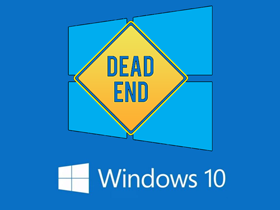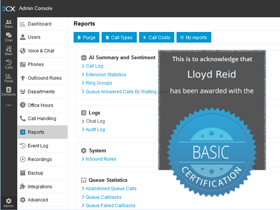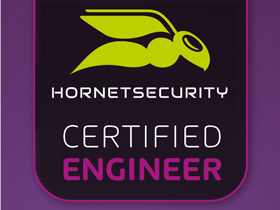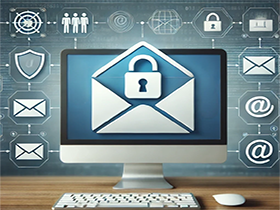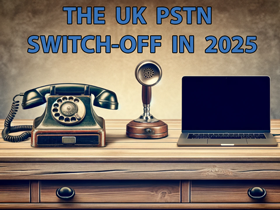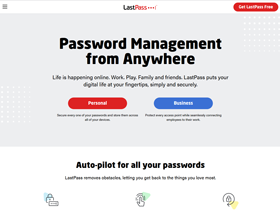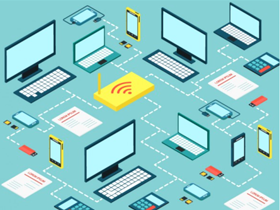
Here at Trichromic we prefer not to use too many computer-related terms (Three Letter Acronyms (TLAs),etc) and unnecessary IT jargon when communicating with our clients’.
However, these can’t always be avoided (and some like to use them when they shouldn’t) so here you’ll find a categorised glossary of the most commonly used terms and abbreviations which could be useful to anyone talking to IT departments or even an outsourced IT managed service provider like Trichromic. We’ll keep expanding this list and adding descriptions when time permits so please keep visiting to view the latest updates. You can contact us for more information on any of the descriptions below or even to find out how Trichromic can help improve the efficiency of your business processes by harnessing the latest technology. ~ Lloyd Reid
Systems, Standards and Common Terms
AD — Active Directory
AI — Artificial Intelligence
AGI — Artificial General Intelligence
ASCII — American Standard Code for Information Interchange
ANSI — American National Standards Institute
ARC — Authenticated Received Chain
ASIC — Application-Specific Integrated Circuit
ASN — Advanced Shipping Notice
B2B — Business-to-Business
B2C — Business-to-Consumer
BOM — Bill Of Materials
BSD — Berkeley Software Distribution
BSI — British Standards Institution
BYOD — Bring Your Own Device
CAD — Computer-Aided Design
CAM — Cybersecurity Awareness Month Continue reading
